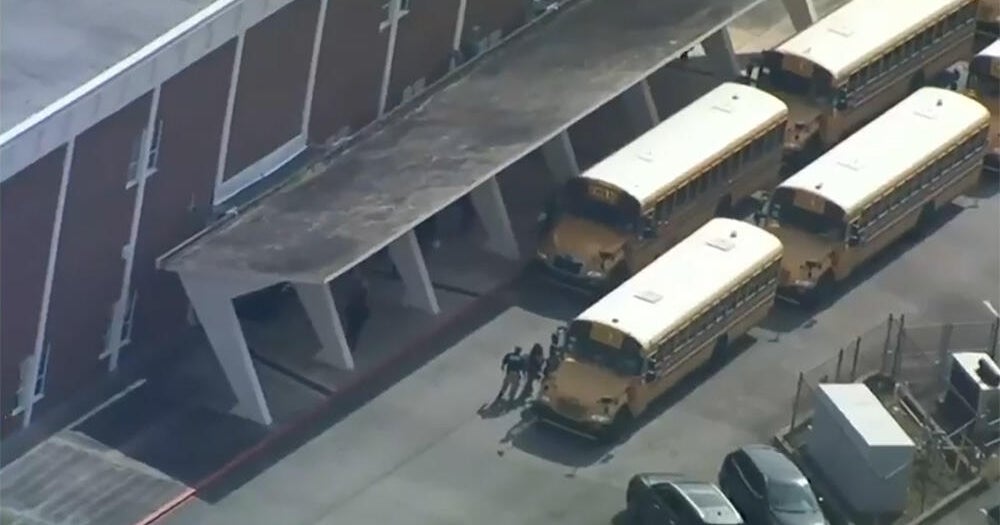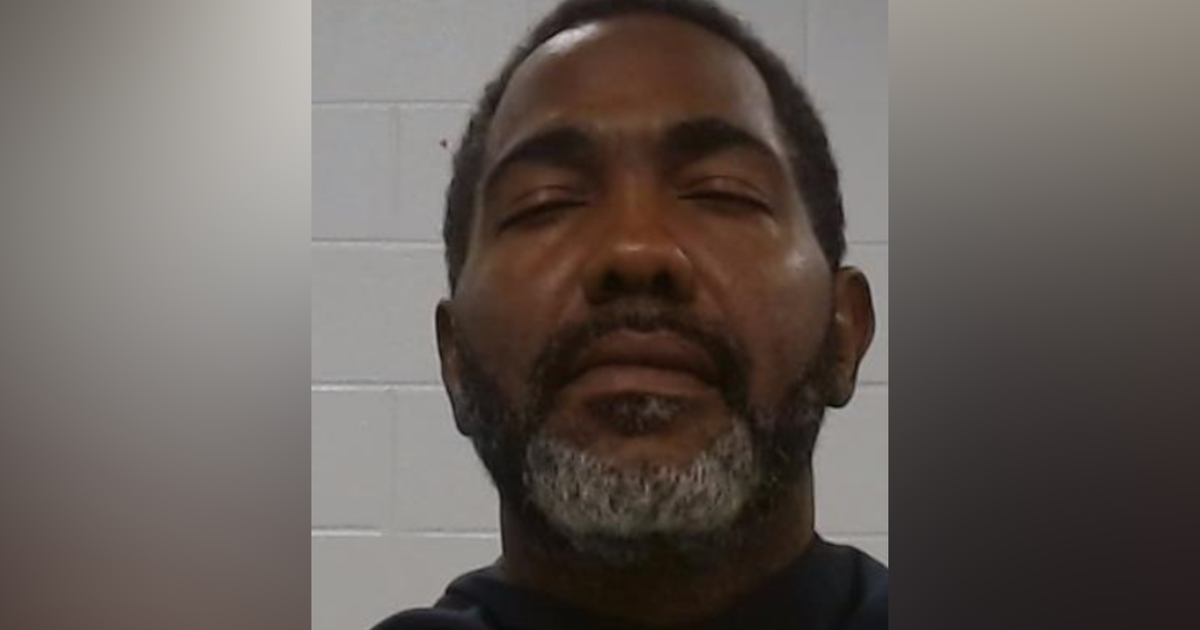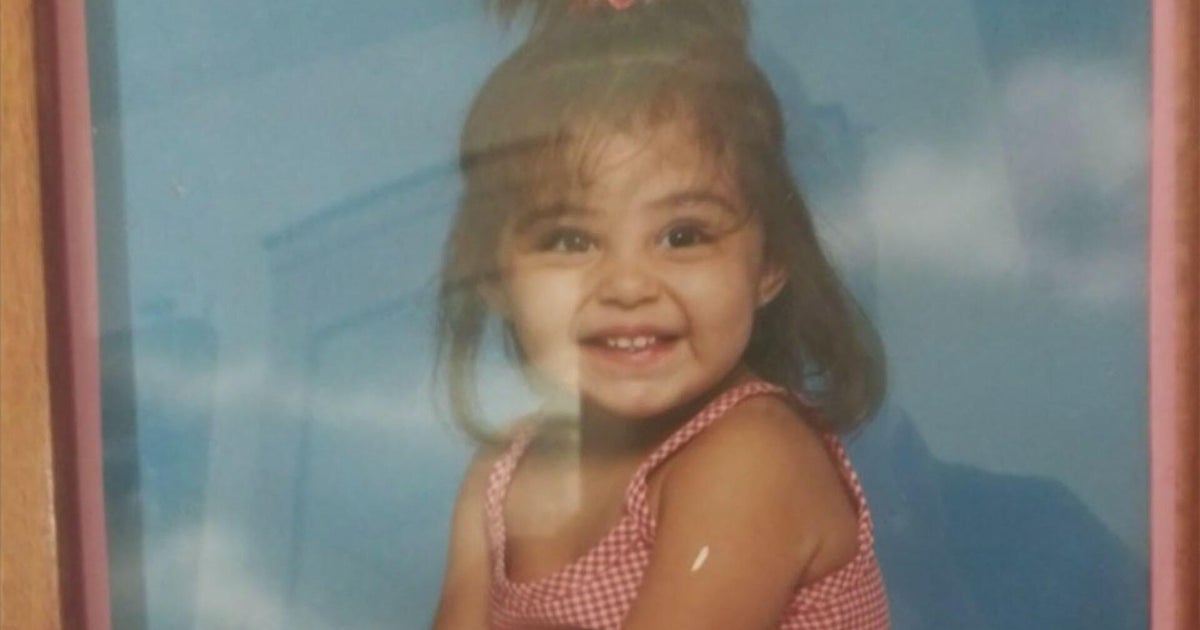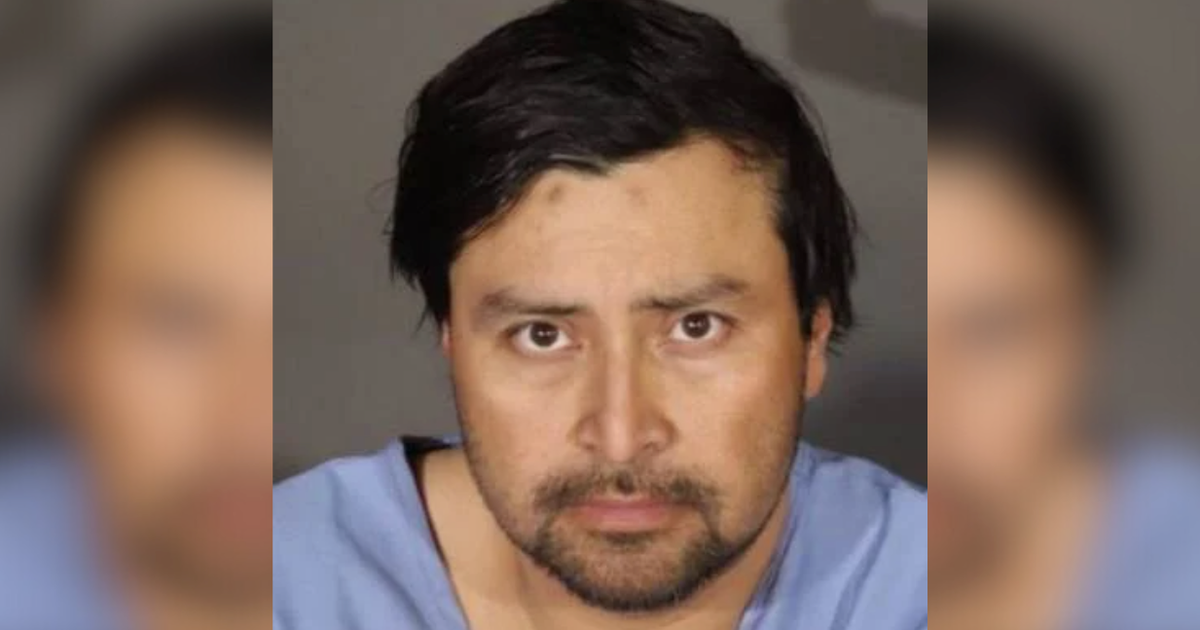Texas Executes Convicted Killer In '94 Rape, Death
HUNTSVILLE, Texas (AP) - Convicted murderer Rodrigo Hernandez was executed Thursday night for the abduction, rape and strangulation of a 38-year-old woman in San Antonio 18 years ago.
The lethal injection was carried out about 2 hours after the U.S. Supreme Court rejected an appeal to block the punishment.
Hernandez, 38, told a chaplain as witnesses filed into the death chamber: "I'm ready. They better hurry up."
Moments later, when asked by the warden if he had a statement, Hernandez said: "I want to tell everybody, I love everybody. Keep your heads up. We are all family, people of God almighty. We're all good. I'm ready."
As the lethal drugs began taking effect, he said, "I'm gonna go to sleep. See you later. This stuff stinks, man." He then blurted out "almighty" before slipping into unconsciousness. He was pronounced dead 10 minutes later at 6:19 p.m. CST.
Hernandez was condemned for the slaying of Susan Verstegen, an employee of snack maker Frito-Lay. She was attacked at a storage area behind a supermarket and her body was found dumped in a garbage barrel behind a San Antonio church.
The February 1994 slaying went unsolved for eight years until Hernandez, as a requirement for parole from a Michigan prison, had to submit a DNA sample that went into a national database. The DNA linked him to her death.
Advances in DNA technology more recently also tied Hernandez to the 1991 slaying of a 77-year-old homeless woman in Michigan.
Hernandez insisted he was innocent of both slayings, telling The San Antonio Express-News in a recent interview that his grandmother who raised him taught him to respect women.
"I'll take that to the grave," he said.
However, he told a San Antonio police detective, George Saidler, who questioned him after the DNA match was discovered in 2002 that he was high on marijuana and alcohol and that he grabbed Verstegen, wrapped his hands around her neck when she struggled, drove off in her car and threw her body in the trash can when he realized she was not breathing.
"I never meant to kill her," Hernandez said, according to Saidler, who obtained the confession.
"He was trying to convince me he was sorry for what he had done," Saidler, now an investigator for the Bexar County district attorney, said.
Verstegen's son, Charles Monney, who watched through a death chamber window a few feet from where Hernandez was belted to a gurney, said while he supported the death penalty he found no joy.
"Today's execution doesn't change the fact that my kids will never hear the sweet laugh or feel the tender embrace of their grandmother, who would have been crazy for them," Monney said afterward.
He was 15 when his mother was killed.
"Every holiday or family get together will forever be missing something," he said, his voice cracking. "My mom was a wonderful woman, and she will forever be missed."
In his Supreme Court appeal, Hernandez's lawyers argued he had deficient attorneys early in his appeals who failed to address claims he had equally ineffective legal help at his trial when claims Hernandez was mentally impaired weren't pursued. The high court has ruled mentally impaired people aren't eligible for the death penalty. The arguments cited an Arizona case the high court now is reviewing where a condemned prisoner contends shoddy legal help in his initial appeals is a constitutional violation.
State attorneys told the justices the legal help early in Hernandez's appeals was not deficient because mental impairment issues were addressed with testimony from a mitigation specialist and a mental health expert at Hernandez's capital murder trial.
Hernandez had a long criminal record. The DNA sample that linked him to Verstegen's slaying was submitted as he served a sentence in Michigan for using a bottle to severely beat a man. Two years ago, DNA evidence linked him to the 1991 murder of Muriel Stoepker in Grand Rapids, Mich. He was not tried for her death.
When Michigan authorities went to Texas death row to question him about her slaying and showed him a letter indicating he would not be prosecuted, he refused to discuss the killing, Saidler said.
In a 2010 interview with a psychologist arranged by his appeals lawyers, Hernandez said he moved from South Texas to Grand Rapids around age 12. At 17, he said he was shot in the head and in the back while he was drunk. Also at 17, he was arrested for breaking and entering, returned to Texas as part of a deferred adjudication and then bounced in and out of jail back in Grand Rapids for parole violations.
He said he met Verstegen while working at a San Antonio supermarket in 1993 and 1994 and that they had a consensual sexual relationship. Saidler said there was no evidence of such a friendship.
The execution was the first this year in Texas, which carries out the death penalty more than any other state. At least five other Texas inmates have execution dates scheduled in the coming weeks.
© Copyright 2011 The Associated Press. All Rights Reserved. This material may not be published, broadcast, rewritten or redistributed.







